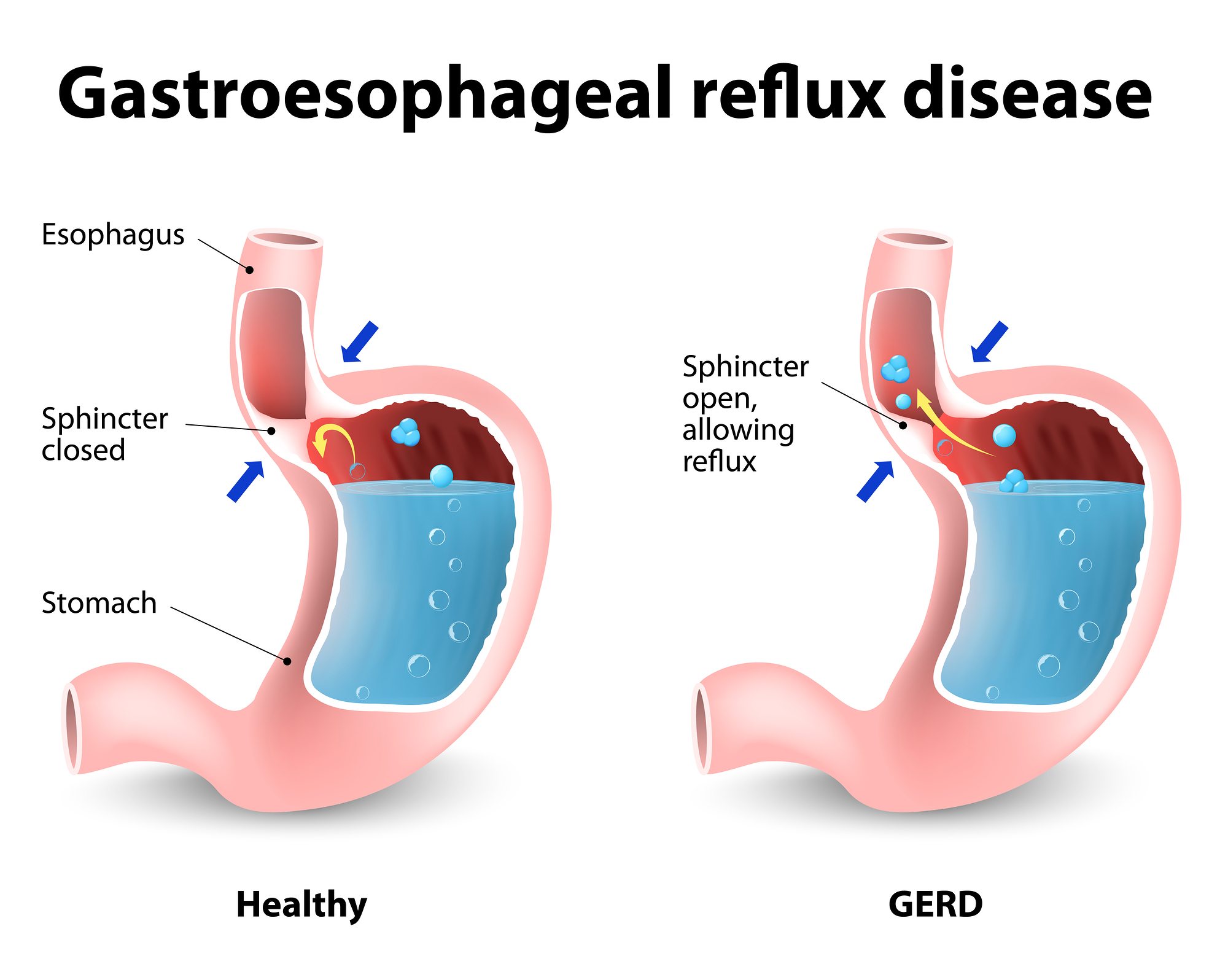Laryngeal reflex reflux, also called silent Reflux, is defined as reflux of air in the back of the throat that occurs without any obvious symptoms in the upper airway. It is different from the typical reflux which is caused by stomach contents that are regurgitated up into the airway and then into the lungs. But LPR does not cause any obvious symptoms on its own.
Reflex laryngeal reflux is more common in older adults. However, this is not always the case. In fact, a doctor may never find LPR unless accompanied by severe cough, hoarseness, chest or throat pain, and shortness of breath. Usually, the patient experiences these symptoms irregularly, even if he does not have a clear explanation for them.
LPR is a common condition that occurs when the muscles of the lower jaw and lower jaw relax to the point that the lower jaw drops forward. This can happen as a result of stress or obesity. When this happens, air reflux occurs, which can damage the airways. This happens more often during sleep. The person may wake up and feel a burning sensation in the chest and throat.
There are several ways a doctor can diagnose LPR. But if you experience any of these symptoms, your doctor will want to rule out other conditions first. Symptoms must match those of acid reflux so that a doctor can confirm if LPR is the cause.
When acid reflux occurs, the throat becomes sore. The throat may feel dry or cracked, but acid reflux is not felt by the eyes. Other symptoms include dry cough with mucus and hoarseness.
But if LPR is diagnosed, there are some ways in which treatment can be given. Antihistamines are often prescribed. They work by preventing or slowing down the production of the chemicals that produce acids in the stomach and intestines. A diuretic may also be given to clear out the excess fluid from the mouth and throat. In some patients, surgery may be suggested in order to decrease the amount of mucus.

In some cases, prescription medicines such as acesulfame potassium (Aques) and niacin are used. They are effective in reducing acid production. Some doctors may also recommend changing diet and altering sleeping positions to prevent LPR from occurring. These types of treatment involve changing the eating habits and sleeping position of the patient.
Other treatments may include adjusting the patient's lifestyle and ensuring that the patient is in good health. Changing the patient's diet may also help to reduce the severity of symptoms, as can changing his or her sleeping position
Medication can also be used to treat this condition. However, it is best to talk to your doctor about these options. Your doctor may recommend you use a medication that does not produce the same side effects as the ones that you are already taking.
Medication is most effective when it is used in combination with lifestyle changes. Lifestyle changes that can be done include taking vitamins and supplements to help replace the acid that the body produces from foods and drink plenty of fluids. These things will help to regulate the amount of acid produced by the body. These changes can also help to control the amount of food intake.
While acid reflux may cause pain for some people, it is not dangerous and should not be a cause for concern. If you experience any of the symptoms described here, visit your doctor and discuss your options.